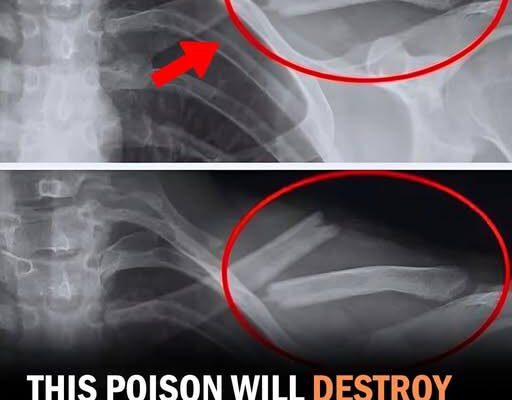Many of us still consume soda, even when we know it’s unhealthy. Diet soda often seems like a better alternative, promising fewer calories and less sugar. However, growing research suggests it may not be much safer. Artificial sweeteners like aspartame can actually trigger sugar cravings by spiking insulin levels, leading to hunger and more intense cravings—not just for sugar, but for food in general.
These sweeteners confuse the body into expecting high-calorie intake, and when it doesn’t arrive, it can leave you unsatisfied and searching for more food.
Ironically, this can make weight loss harder, even though many people switch to diet soda for that very reason. Studies have linked diet soda to obesity, metabolic syndrome, high blood pressure, and diabetes. Giving it up may also improve your sense of taste, allowing you to better appreciate the natural sweetness of foods.
Additionally, artificial sweeteners may disrupt your metabolism and gut bacteria, weakening the immune system. There’s also evidence that drinking diet soda can reduce bone density and increase the risk of fractures. For those who mix diet soda with alcohol, it’s worth noting that it can speed up alcohol absorption, making you intoxicated more quickly.
Another major concern is kidney health, as the chemicals in diet soda can strain these vital organs. Reducing or eliminating diet soda could help your body better regulate blood sugar and filter out toxins. Even if quitting completely feels tough, cutting back gradually might still bring significant health benefits.
